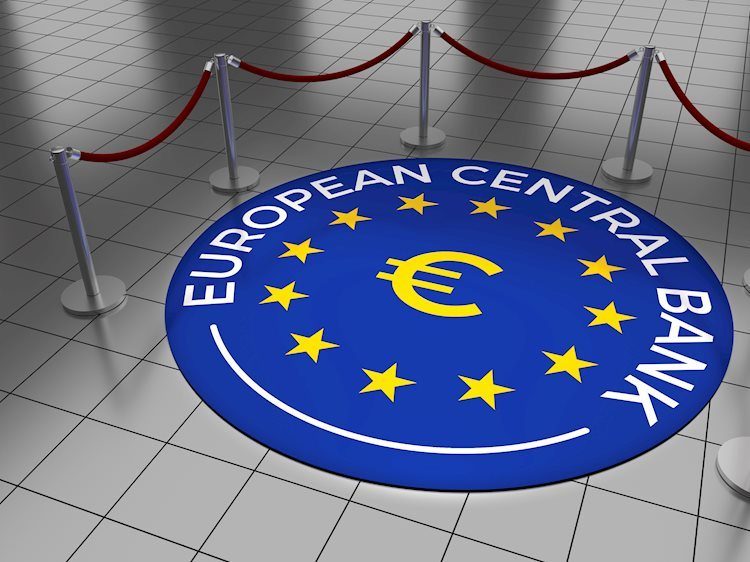In a recent statement, ECB Governing Council Member Martins Kazaks indicated that the case for European interest rates is likely leaning towards the lower side. As the Governor of the Bank of Latvia, Kazaks also suggested that further rate adjustments are probable in the upcoming ECB meetings. He emphasized that domestic price pressures are stubborn and that the path for interest rates is clearly pointing downwards. Additionally, Kazaks mentioned that any potential inflation uptick is expected to be less severe than initially anticipated. He stressed the importance of avoiding causing unnecessary damage to the economy by keeping rates at high levels for extended periods.
The primary focus of Kazaks’ remarks centered around the need to prioritize the well-being of the economy. He highlighted that the economy is the single biggest concern and emphasized the importance of proceeding cautiously when it comes to adjusting ECB rates. Kazaks suggested that taking a gradual, step-by-step approach to rate changes would be the most sensible course of action. By doing so, policymakers can carefully assess the impact of each adjustment and ensure that they are not causing any adverse effects on the economy.
One of the key takeaways from Kazaks’ statement is the recognition of the need to strike a balance between stimulating economic growth and keeping inflation in check. By indicating that the inflation uptick is likely to be less severe than expected, Kazaks is suggesting that there is room to ease monetary policy without risking runaway inflation. This approach aligns with the ECB’s dual mandate of maintaining price stability while also promoting sustainable economic growth.
The importance of avoiding undue damage to the economy was a recurring theme in Kazaks’ commentary. By acknowledging that domestic price pressures are sticky and advocating for lower interest rates, Kazaks is signaling that he believes aggressive rate hikes could harm the economy. He emphasized that policymakers should not hold rates at high levels for too long, underscoring the need for flexibility in responding to changing economic conditions.
Overall, Kazaks’ remarks provide insight into the ECB’s current thinking on interest rates and inflation. By highlighting the need to prioritize the economy and proceed cautiously with rate adjustments, Kazaks is signaling that the ECB is likely to take a gradual approach to monetary policy in the coming months. With domestic price pressures remaining stubborn and the inflation outlook less severe than expected, it appears that the ECB is leaning towards a more accommodative stance to support economic growth. As the central bank continues to navigate the challenges of a post-pandemic recovery, Kazaks’ comments offer a glimpse into the ECB’s policy direction and priorities in the months ahead.










